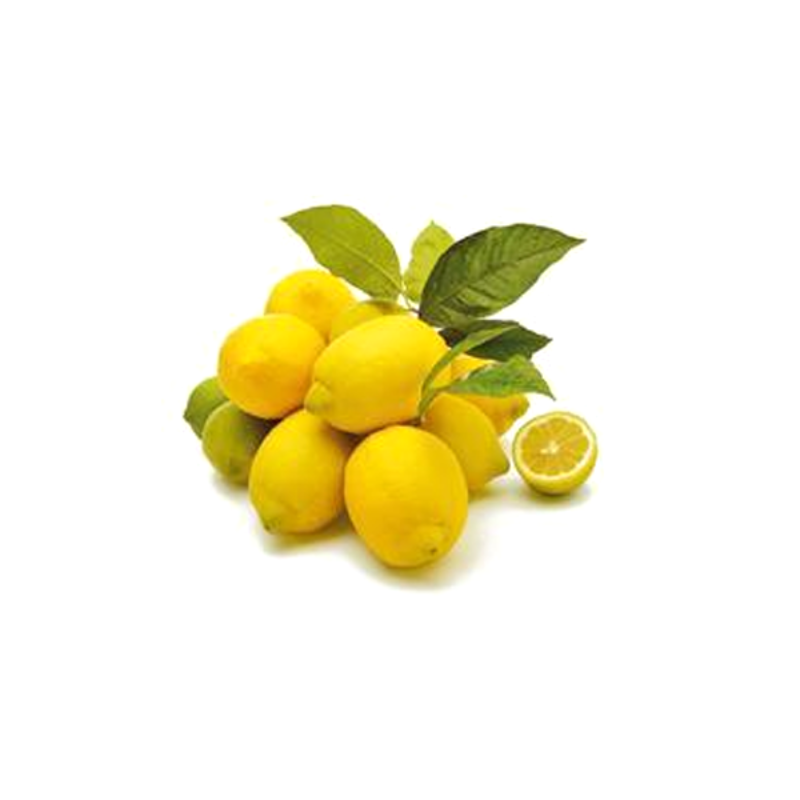- Species and varieties: Lemon trees belong to the species Citrus limon. There are several popular varieties of lemon trees, including Eureka, Lisbon, and Meyer. Each variety has its own unique characteristics, such as fruit size, flavor, and growth habits.
- Hybrid or heirloom: Lemon tree seeds can be either hybrid or heirloom. Meyer lemons, for example, are a hybrid variety, while Eureka and Lisbon lemons are more traditional and can be considered heirloom varieties.
- Pruning and training: Lemon trees benefit from regular pruning to maintain their shape and encourage healthy growth. Prune the tree in late winter or early spring before new growth begins. Remove any dead or diseased branches, and thin out crowded areas to improve air circulation. Training young trees with stakes can help them develop a strong structure.
- Fertilization needs: Lemon trees require regular fertilization to produce healthy fruit. Use a balanced, slow-release fertilizer formulated for citrus trees. Apply fertilizer three times a year: in early spring, early summer, and late summer. Additionally, supplement with micronutrients such as iron, zinc, and manganese if deficiencies are observed.
- Hardiness zones: Lemon trees are best suited for USDA hardiness zones 9 through 11. They thrive in warm climates and can tolerate some light frost, but prolonged exposure to freezing temperatures can damage the tree.
- Climate requirements: Lemon trees require a warm, sunny climate with temperatures ranging between 70°F to 100°F (21°C to 38°C). They need full sun exposure for at least 8 hours a day and well-drained soil. In cooler climates, lemon trees can be grown in containers and brought indoors during the winter months.






